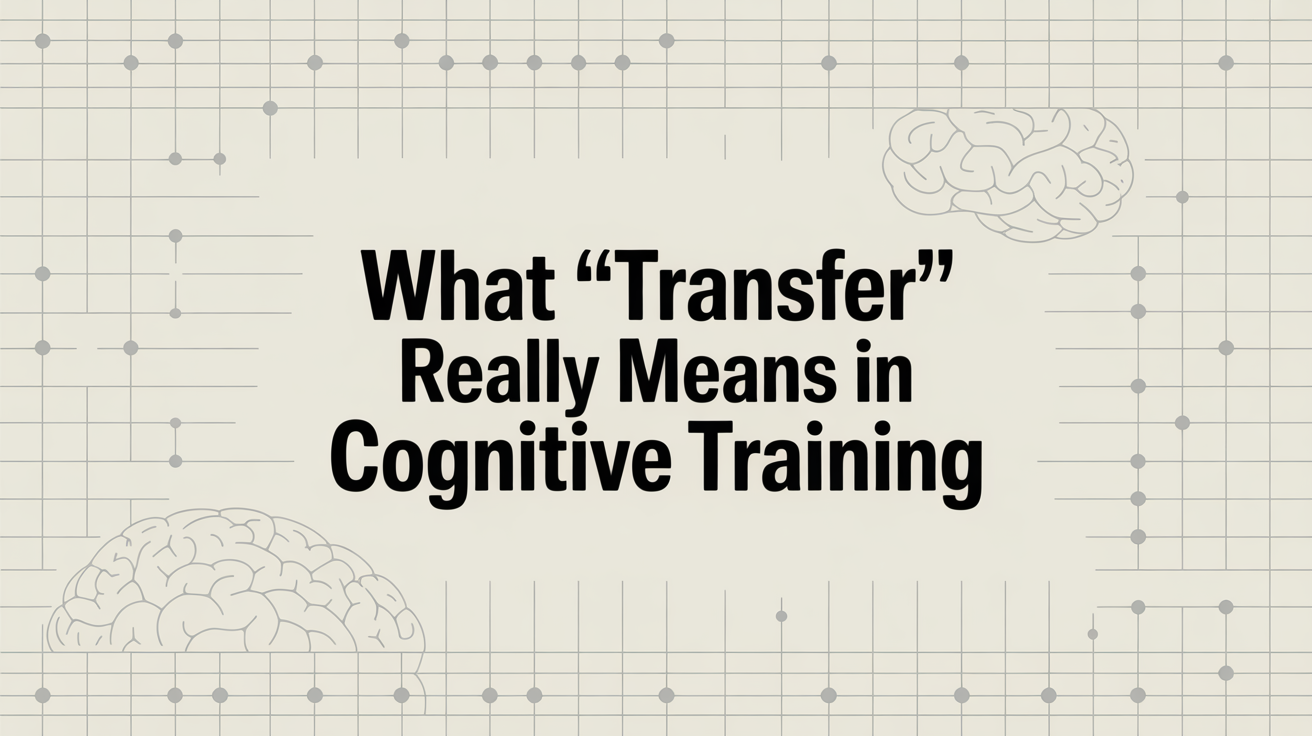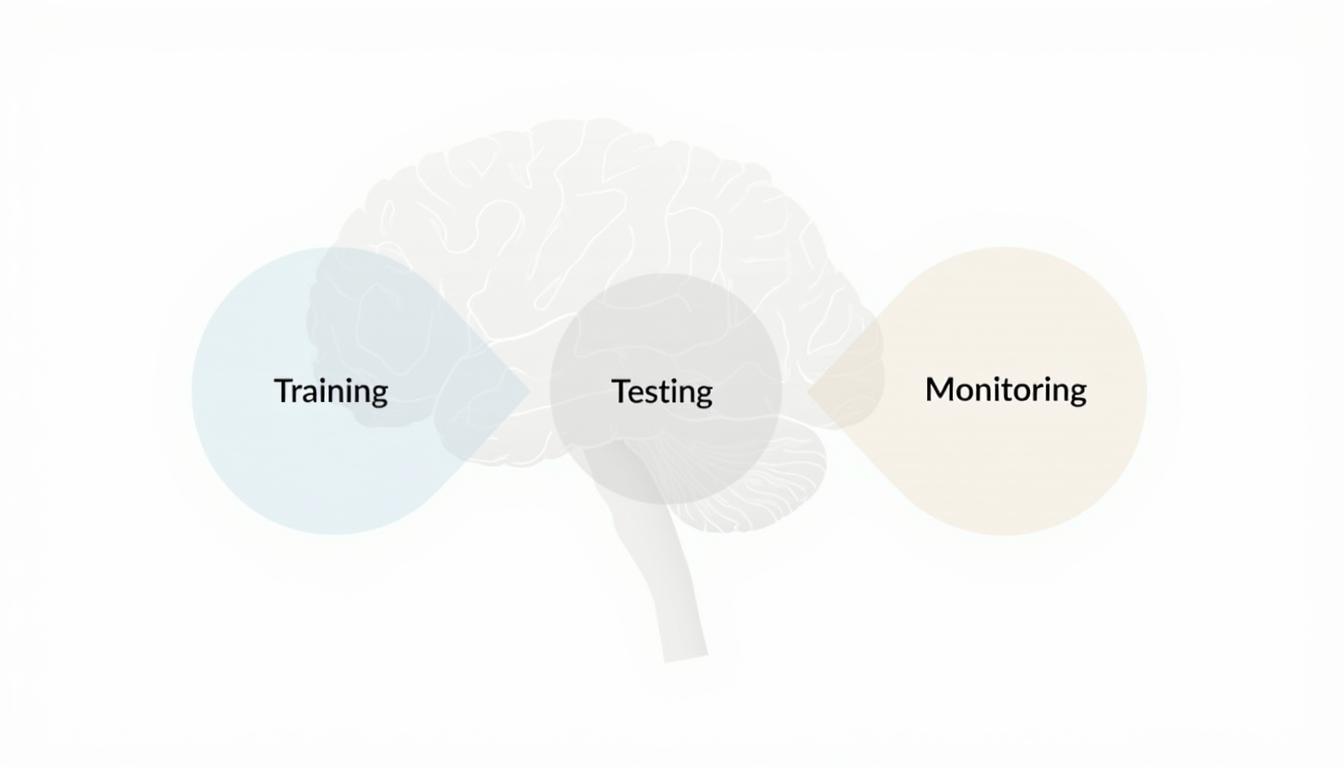Welcome to the Research and Strategy Services at in today's fast-paced.


A new study published in the Journal of Cognitive Enhancement investigated if NeuroTracker's 3D multiple object tracking (3D-MOT) training could improve driving skills in young and older adults. This cognitive task involves the ability to simultaneously track multiple objects in a dynamic environment. Here we will summarize the findings showing transfer to specific driving abilities.

The study builds on previous research using highly sophisticated driving simulators capable of recording a wide range of driving performance metrics. This included three studies showing that NeuroTracker baseline assessments are strongly correlated to a range of specific driving abilities, and more generally to driving safety and crash risk. NeuroTracker scores showed to be more significant predictor of these abilities than driving age or driving experience, and were accordingly recommended to be a revelant method of assessing driving capabilities.
A fourth follow-up study went on to show that NeuroTracker training transfer to enhanced 'useful field of view', a visual ability shown through decades of research to be a critical factor in driving.

This fifth study involved a group of young adults (aged 18-35) and a group of older adults (aged 65 and above). Both groups first underwent neurovisual and cognitive assessments to determine the absence of any visual or cognitive deficits that could impair driving ability.
Then all participants were divided into active and placebo groups. The active group completed a NeuroTracker training program, and the placebo group trained on a visual discrimination task and a visual-based math puzzle game called 2048.
Before and after training all participants' driving performance was assessed using a high-fidelity driving simulator. Various aspects of driving performance, including lane keeping, reaction time, and hazardperception, were measured and compared between the two groups.

The results of the study revealed that both young and older adults showed significant improvements in simulated driving performance following the NeuroTracker training. Multiple statistical analyses of driving metrics revealed improvements in several key areas, such as better lane keeping abilities, quicker reaction times to hazards, and enhanced overall situational awareness - all skills of significant relevance to driving safety.
Interestingly, although the younger group showing stronger learning responses on the NeuroTracker task, the older adult group exhibited larger gains in driving performance compared. This suggests that NeuroTracker training may have particular benefits for older individuals, who often experience age-related cognitive decline likely to impair driving skills, which NeuroTracker has been shown to improve in several healthy aging studies.
These findings show for the first time that training on this form of 3D mulitple object tracking has the potential to enhance driving performance in both young and older adults. The study highlights the value of incorporating such cognitive training techniques into driver education and training programs to improve road safety, and potentially to help mitigate the effects of age-related cognitive decline on driving abilities. Further research with larger sample sizes and assessment of driving skills on the road will help validate and expand upon these initial positive findings.
'Can Three-Dimensional Multiple Object Tracking Training Be Used to Improve Simulated Driving Performance? A Pilot Study in Young and Older Adults'
Jesse Michaels, Romain Chaumillon, Sergio Mejia-Romero, Delphine Bernardin & Jocelyn Faubert






Welcome to the Research and Strategy Services at in today's fast-paced.

An explanation of a structured habit-building framework for cognitive routines, emphasizing consistency, accountability, and long-term sustainability.

From stereo-3D to adaptive speed thresholds, get the lowdown on what makes NeuroTracker tick.

Check out our 101 on how NeuroTracker works under the hood.
.png)